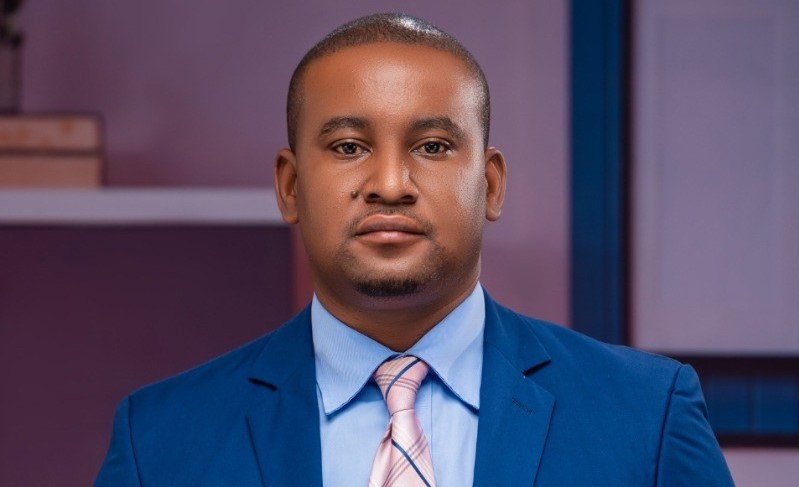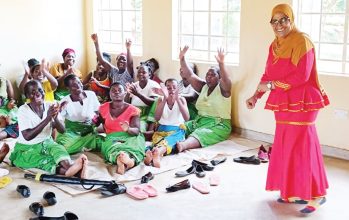Needy university students dealt blow
Children from poor backgrounds in the country are teetering on the brink of failing to pursue university education after government has refused to facilitate the downward revision of fees the institutions hiked this year.
In July, the country’s six public universities announced their revised fees.

University of Malawi (Unima) proposed a fee hike of K800 000 but the Ministry of Education approved K650 000, the Malawi University of Business and Applied Sciences proposed K1.5 million, but K750 000 was approved.
Mzuzu University proposed K700 000, but K650 000 was approved while Malawi University of Science and Technology proposed K800 000, but government nodded to K650 000.
In the same vein, Lilongwe University of Agriculture and Natural Resources has raised fees from K350 000 to K600 000. However, Kamuzu University of Health Sciences is yet to communicate its proposed fee hike, but currently students pay K550 000.
On Monday, representatives of the needy students met Minister of Education Madalitso Kambauwa Wirima and officials from the Higher Education Students Grants and Loans Board at Capital Hill in Lilongwe to lobby for a downward revision.
Unima needy students representative Humble Bondo, in a communication to fellow students we have seen, stated that the loans board officials revealed that they did not have funds to top up the students’ new fees.
In a telephone interview yesterday, Bondo, who led the delegation to the meeting with the minister, said he was disappointed with the responses.
“We are disappointed as needy students because education will now be a preserve of the rich. The good thing is that the have-nots are in the majority,” he said.
Ministry of Education spokesperson Mphatso Nkuonera confirmed that the meeting took place, but refused to provide what transpired.
On the other hand, Loans Board executive assistant to the executive director Chifundo Kampandira could not confirm whether they have the capacity to top up the loans to the students as part of the 2023/24 loan disbursement which has already started.
However, the failure by the ministry to intervene in the fees hike and the Loans Board to top up the deficit has ignited a debate from education experts and activists on how needy students can be assisted to continue with their education.
Education expert Steve Sharra said the development can negatively impact equal access to education between children from well-to-do and the less-privileged families.
“The consequences are that students from wealthy households will have access to higher education while students from low income households will not be able to access higher education. This is a serious problem,” he said.
Edukans executive director Limbani Nsapato said the government should explore increasing the allocation during the next budget review.
He said: “Government should at the midterm budget review consider increasing allocation to the Loans Board.”
Another education activist Benedicto Kondowe recommended that the government should find some alternatives to solve the puzzle citing the current timing and the poor economy make things harder for needy students.
“Government should give adequate notice, for instance one academic year before the increment is made,” he said.
In the 2023/24 fiscal year, the Loans Board set aside K13.7 billion to benefit 22 406 students in both public and private universities.
However, former students owe the Loans Board K16 billion, thereby hindering its ability to reach a larger number of deserving beneficiaries.






One Comment